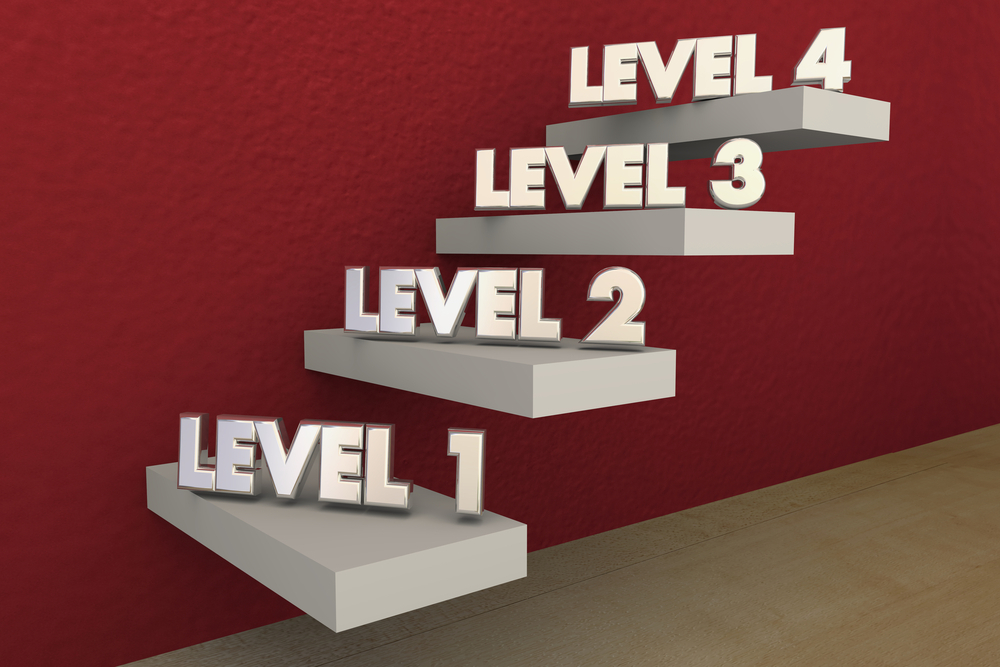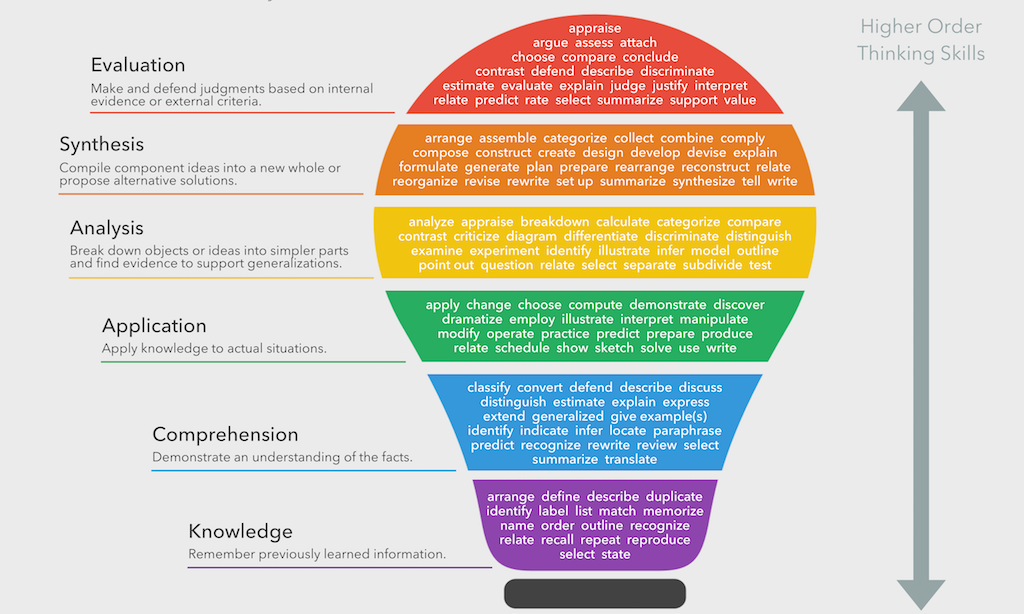Edit

About Us
Shubha needs to write this
Contact Info
- Nagarbhavi, Bengaluru - 560091
- +91 9986766783
- Week Days: 09.00 to 18.00 Weekend: Closed

Shubha needs to write this

Outcome-based education (OBE) is an educational theory that bases each part of an educational system around goals/outcomes. By the end of the educational experience, each student should have achieved the goals.
There is no single specified style of teaching or assessment in OBE; instead, classes, opportunities, and assessments should all help students achieve the specified outcomes. The role of the faculty adapts into instructor, trainer, facilitator, and/or mentor based on the outcomes targeted.


This means that everything teachers do must be clearly focused on what they want students to know, understand and be able to do. In other words, teachers should focus on helping students to develop the knowledge, skills and personalities that will enable them to achieve the intended outcomes that have been clearly articulated.
It means that the curriculum design must start with a clear definition of the intended outcomes that students are to achieve by the end of the program. Once this has been done, all instructional decisions are then made to ensure achieve this desired end result.
It means that teachers should establish high, challenging standards of performance in order to encourage students to engage deeply in what they are learning. Helping students to achieve high standards is linked very closely with the idea that successful learning promotes more successful learning.
Teachers must strive to provide expanded opportunities for all students. This principle is based on the idea that not all learners can learn the same thing in the same way and in the same time. However, most students can achieve high standards if they are given appropriate opportunities.
Designing a Course is part of the science of teaching and learning. It is integral to OBE that insists upon determination of learning outcome as the first step. Precisely drawn outcomes of a Course provide clarity of purpose in teaching/learning. They act as a running thread of quality control across the planning of curriculum, selection of instructional strategies, choice of learning experience, and preparation of tests.
Informing learners about the outcome well in advance, OBE enables ongoing concurrent self-assessment of learners for making sure of their progress towards attaining the outcome. It provides them with chances to demand new learning experiences that ensure the same. Since the outcomes are stated, the teachers also get to know the progress and they enjoy the legitimate right to test whether the learners have attained the goal.


Course learning outcomes represent the integrated skills, knowledge and attitudes a learner will “own” upon successful completion of their course.
Program Outcomes are broad statements that describe what graduates of a program will be able to “do out there” as a result of what they have learned in the program.
Traditional Knowledge Outcomes reflect the thoughtful integration of Traditional knowledge, culture, values and principles throughout the course or program.
College-wide outcomes are outcomes that are set across all programs by the institution.
Territorial/Provincial/Professional Outcomes reflect program and professional standards set nationally, provincially, territorially or by professional accrediting bodies.


We promise, doesn’t spam you!